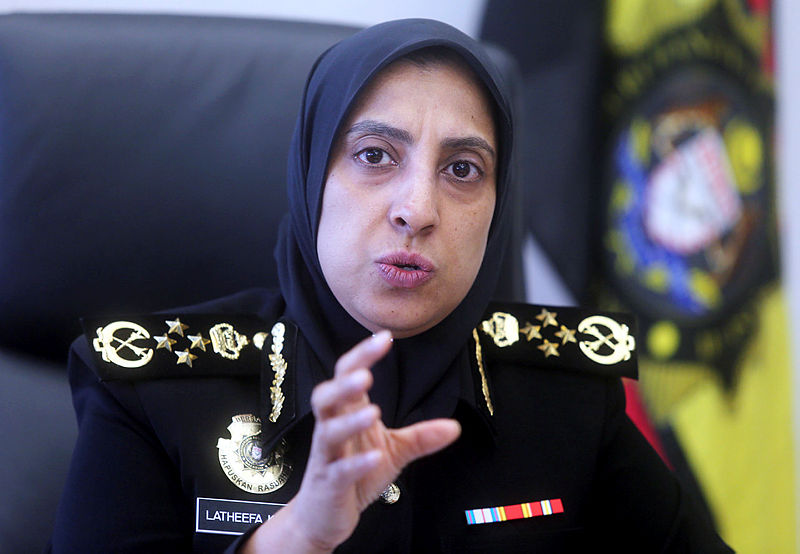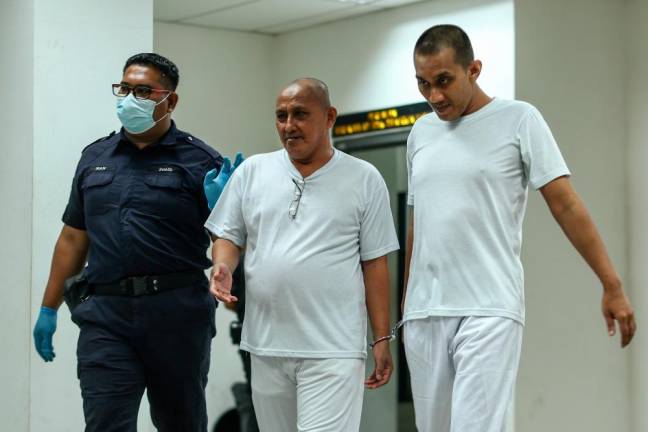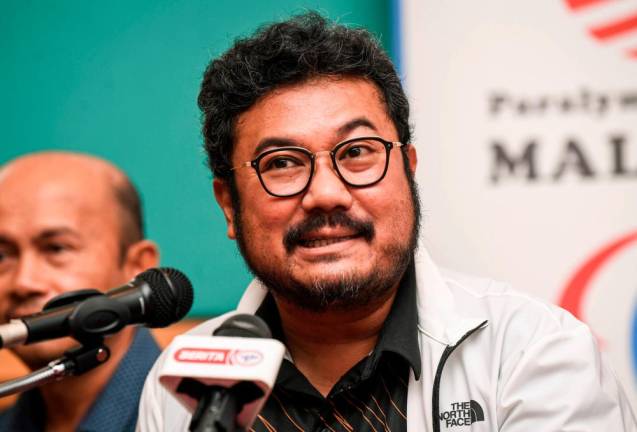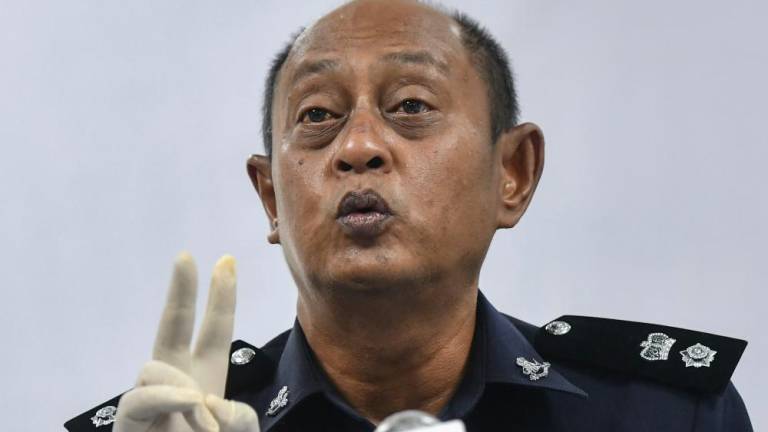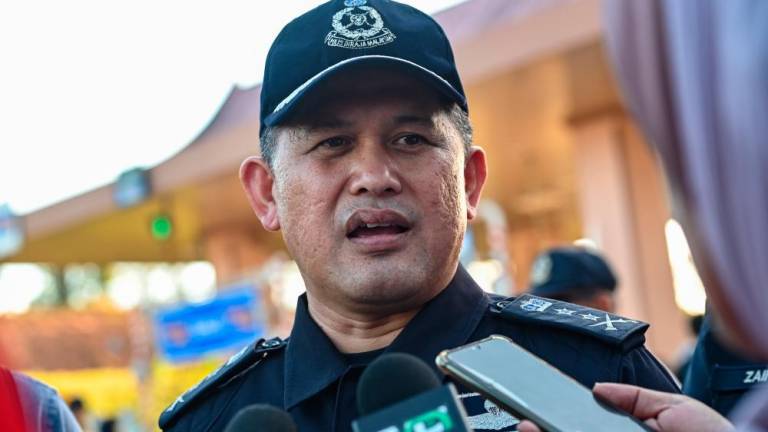PETALING JAYA: A two-pronged approach by the Malaysian Anti-Corruption Commission (MACC) will give more bite to its officers when placed at the offices of mentris besar and chief ministers.
MACC officers will play both watchdog and advisory roles to strengthen integrity, and curb corruption and abuse of power at state governments under an initiative proposed by its chief commissioner Latheefa Koya (pix).
The officers are authorised to conduct investigations if they suspect discrepancies in MB’s or CM’s administrations, the anti-corruption body said yesterday.
“If there is any element of discrepancy, the MACC officers can intervene and they will identify the issues, conduct pre-investigations and bring forward these cases to our investigation department at the main (federal) headquarters for further action,” MACC said in an email to theSun.
“MACC officers will also play the role of consultants and advisers in relation to the crime of corruption, abuse of power and embezzlement and violation of integrity in an MB’s administration.”
It said the officers would advise on any proposed policy changes, and policy, legal and regulatory issues involving integrity or conflict with the provisions of the MACC Act 2009.
Apart from that, the officers also have the right to touch on the issues of political funding and the acceptance of gifts from third parties or stakeholders.
The anti-graft commission added that its officers would advise on issues involving conflict of interest in making important decisions, and identify the root causes of corruption, abuse of power and corruption in the administration pattern of the existing ministries.
On top of that, the officers would also act as consultants on matters of governance over the discretionary power or bureaucracy and on issues of integrity, corruption and abuse of power involving the stakeholders.
The officers will have the powers as provided under Section (7) of the MACC Act 2009.
According to the Act, the officers have the power:
to detect and investigate any suspected offence, attempt, and conspiracy to commit any offence under this Act;
=> to examine the practices, systems and procedures of public bodies in order to facilitate the discovery of offences under this Act and to secure the revision of such practices, systems or procedures which in the opinion of the Chief Commissioner may be conducive to corruption; and
=> to instruct, advise and assist any person, on the latter’s request, on ways in which corruption may be eliminated by such person.
The proposal had been submitted to all 13 states.
Sarawak has already placed an MACC officer at chief minister’s office this year.
Sabah, Johor, Perak, Kedah, Negri Sembilan have agreed to the proposal and the placement process is ongoing, MACC said.




